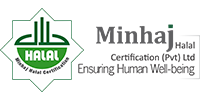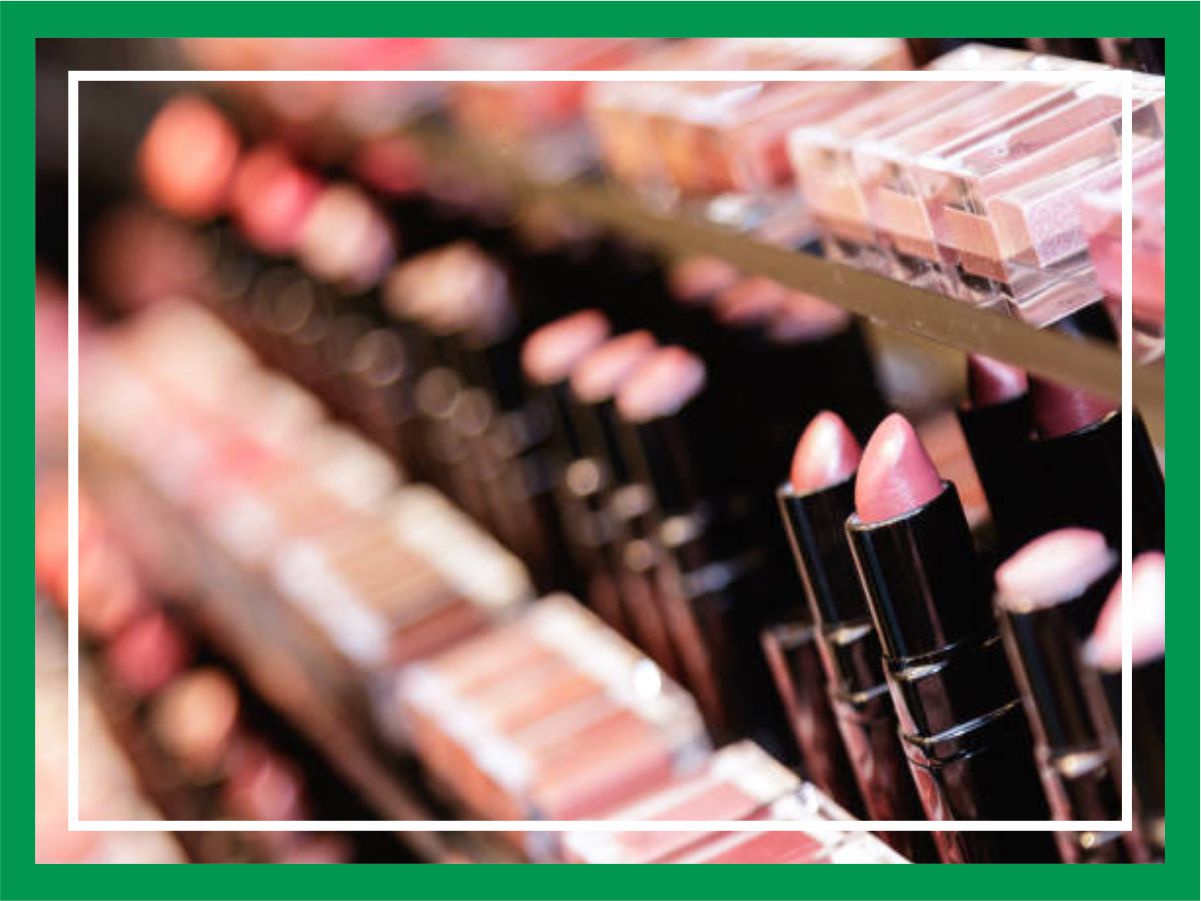Cosmetics Industry
Muslims are increasingly aware that the Cosmetics products they use – which are absorbed into the body may not be Halal or permissible. It has given concerns and Halal certified Cosmetics demand is increasing in all parts of the world where Muslims exist. OIC governments are also demanding the export of Halal cosmetics. Multinational companies are also recognizing the segment's potential and many international and local cosmetics firms are acquiring Halal certification. The emerging Halal cosmetics industry is estimated at USD 13 billion with an annual growth of 12%. This industry is seen second for growth after the lucrative Halal food sector.
To acquire Halal certification, cosmetics products must not contain ingredients derived from pig, carrion, blood, human body parts, predatory animals, reptiles, and insects among others. The ingredients derived from permissible animals must be slaughtered according to Islamic law to be considered Halal. Muslim consumers have concerns about any non-permissible animal fats or animals that were dead prior to slaughtering, the inclusion of blood, adding alcohol more than prescribed quantity, or carnivorous animals use in the production of cosmetics. Because the cosmetics industry is globalized so it has increased the demand for Halal certification for cosmetics products. Halal cosmetics has also a demand of modern consumers who are Eco ethical conscious and focus on organic and natural earthly cosmetics products suitable for a modern lifestyle.
The market of Halal cosmetics is booming in Asia and across the Middle East as well as Europe has seen a surge in interest in demand for Halal cosmetics. Halal cosmetics have developed far beyond a novelty. Cosmetics companies are developing this market by producing Halal-certified product lines.
If you want to know more about Halal Cosmetics and certification, please contact Minhaj Halal Certification.
To acquire Halal certification, cosmetics products must not contain ingredients derived from pig, carrion, blood, human body parts, predatory animals, reptiles, and insects among others. The ingredients derived from permissible animals must be slaughtered according to Islamic law to be considered Halal. Muslim consumers have concerns about any non-permissible animal fats or animals that were dead prior to slaughtering, the inclusion of blood, adding alcohol more than prescribed quantity, or carnivorous animals use in the production of cosmetics. Because the cosmetics industry is globalized so it has increased the demand for Halal certification for cosmetics products. Halal cosmetics has also a demand of modern consumers who are Eco ethical conscious and focus on organic and natural earthly cosmetics products suitable for a modern lifestyle.
The market of Halal cosmetics is booming in Asia and across the Middle East as well as Europe has seen a surge in interest in demand for Halal cosmetics. Halal cosmetics have developed far beyond a novelty. Cosmetics companies are developing this market by producing Halal-certified product lines.
If you want to know more about Halal Cosmetics and certification, please contact Minhaj Halal Certification.

